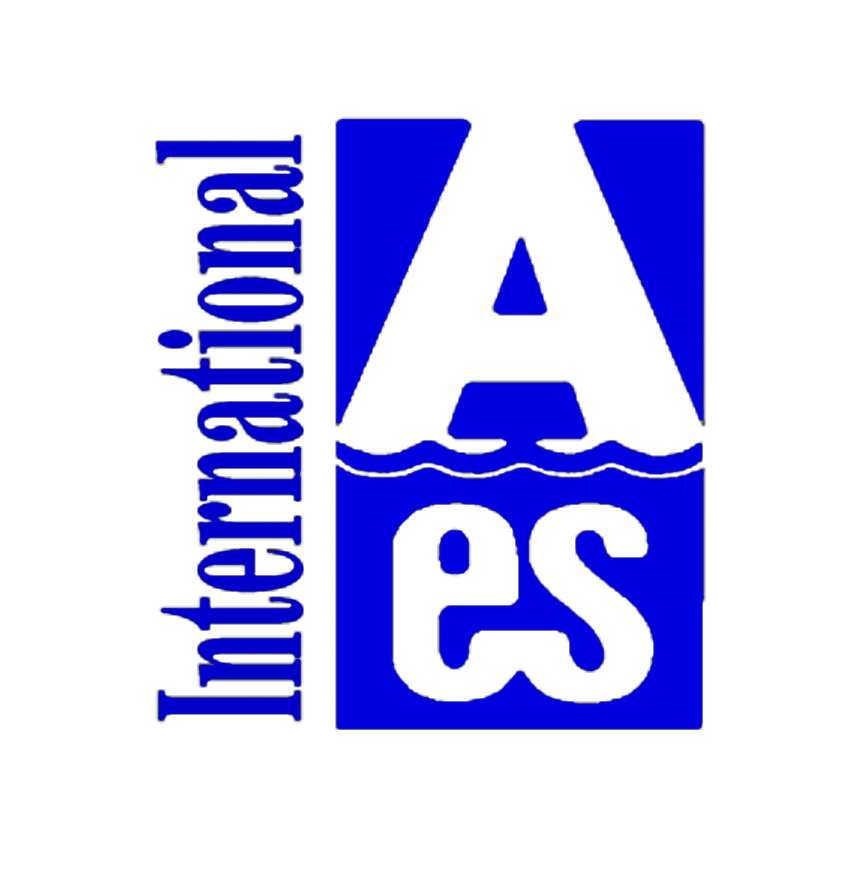Dr. Klára Katona
Dr. Klára Katona is currently the head of the Heller Farkas Institute for Economics in Pázmány Péter Catholic University (PPCU) in Budapest, Hungary where she began her academic career as an Assistant Professor in 1998. She received her Ph.D. in management and economics at Pécs University, in 2006. Six years later, she received the title of habilitated professor in Business and Administration from West Hungarian University. Dr. Katona was appointed to the head of the Heller Farkas Institute for Economics in 2009. Her main teaching fields and research activities focused on corporate competitiveness and responsibilities, catholic social teaching, foreign direct investment, and financial intermediation. Before and parallel with her academic career she had experience in business life as well as an economic analyzer and controller in a Hungarian transportation company (Hungarocamion Ltd), and as a financial consultant and subcontractor for Price-Waterhouse-Coopers Hungary Ltd. In 2007 she was charged with the position of financial manager at the Faculty of Law in PPCU. In 2016 she resigned from this position to give priority to academic achievement. Dr. Katona joined the International Atlantic Economic Society in 2017. She is also a member of Hungarian scientific bodies such as the Hungarian Association of Economists (2009), and Enterprise Research Network, Budapest, Hungary (2020). She also considers the active participation in civil society an important part of her life, so since 2014, she has been a member of the supervisory board of Budapest Club Hungary whose basic mission is a more peaceful, equitable, and sustainable world.
Why did you become a member of the International Atlantic Economic Society?
In 2015, I had the opportunity to join the 80th International Atlantic Economic Conference, in Boston as a new attendee. I presented my research topic on “Financing Strategy from the View of Corporate Investment in Hungary”. The atmosphere of the conference was impressive for me, I enjoyed the variety of people, research fields, and friendly conversations at the same time. I intended to join an international, high-quality, scientific organization and after this conference, I felt I found the perfect one.
What types of projects/research are you currently working on and what inspired/motivated you to pursue these interests?
I recently finished a research project on the role of intellectual capital in the productivity of Hungarian firms. Intellectual capital has become one of the most important and thoroughly monitored factors constituting the productivity of firms in the knowledge economy of the 21st century. Intellectual capital is the combination of human capital and structural capital which includes all intangible assets. Considering the growing role of intangible assets in the productivity of firms in general, my research specifically focused on the impact of structural capital on the performance of Hungarian companies between 2007 and 2017. The research was based on annual reports from the Hungarian Central Statistical Office. The availability of this database was the main reason I was able to start this investigation. Finally, I found that per international tendencies, intellectual capital, especially internally developed knowledge, became the most relevant source for Hungarian firms to increase their productivity even in physical capital-intensive industries. This study has just been published in the International Journal of Accounting and Information Management.
What advice would you give to someone who is considering entering your line of work/field of study?
In the field of corporate competitiveness and productivity, a researcher will face some special difficulties. The availability of relevant data is limited, at least it is in Hungary. These databases require preliminary examinations. Filtering and data cleaning are frequently necessary which is time consuming. Finding the appropriate method is another challenge that is not independent of the features of the database. I do not intend to discourage potential researchers. On the contrary, I would encourage them to prepare for this kind of work in detail.
Going forward, what other projects/research are you planning to or hoping to pursue?
I have a comprehensive research plan for the coming years that aims to investigate the purposes of business firms from the point of view of Catholic Social Teaching (CST), and the possible contribution of CST to the discussion of corporate social responsibility (CSR), with special attention to criticism of the rationale.
What’s your favorite hobby?
Physical activity is an important part of my everyday life, which can contribute both to physical and mental regeneration. I like to practice running and jogging, I do it anytime I can.


